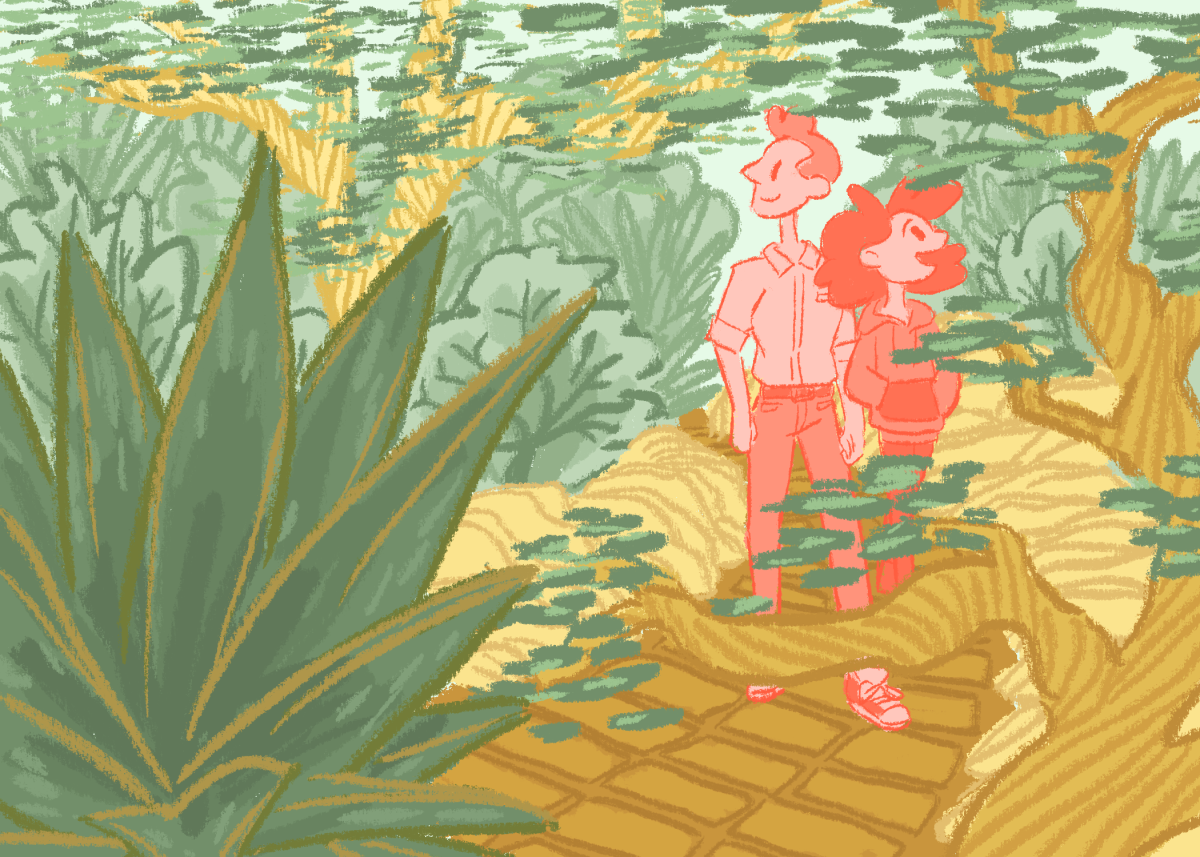The Juniper Level Botanic Garden, a garden which focuses primarily on aesthetics and botanical diversity, is having its second winter opening weekend Friday-Sunday, Feb. 28-March 1. The garden is an exclusive sight, open only eight weekends out of the year.
“We want people to see the garden in all four seasons, because so many people that are beginning gardeners only believe that you garden in spring,” said Tony Avent, founder of the Juniper Level Botanic Garden. “They don’t believe that anything happens the rest of the year, and we want to bring people out and show them how much is in flower, how much is going on in the wintertime.”
The garden holds special meaning for NC State, as Avent is an alum of the horticulture program. Avent said he has been “hardwired” to care for plants all his life. As early as five years old, he grew and sold plants as a hobby. During Wolfpack football games, he would pore over books about plants on the bleachers.
Avent also gifted the garden to the university while retaining lifetime rights. In response, NC State has set up a nonprofit endowment for the garden and hopes to raise $17 million to keep it operational full-time as a sister to the J.C. Raulston Arboretum.
“Once we make our transition over to NC State, then we’ll add some extra staff, and we’ll be open full-time,” Avent said.
Avent studied under J.C. Raulston, a renowned horticulturist and professor at NC State who founded the J.C. Raulston Arboretum. With the two gardens having worked together previously, it is no surprise they are becoming sisters. Avent thought pairing the Juniper Level Botanic Garden with the J.C. Raulston Arboretum would be a natural fit, because the arboretum’s mission spoke to him as an ideal pairing for the garden’s view of plant preservation and sharing.
“For us, preservation of the species is not the end point,” Avent said. “That only gets us to the end point, which is human use.”
The Juniper Level Botanic Garden, according to its online mission statement, “promotes and preserves botanic diversity by bridging the gap between botany and horticulture,” making this focus on preservation even more explicit.
Avent said the Juniper Level Botanic Garden has 27,000 plants, and he has personally done 73 trips to places around the world to study different plants.
“If we look at the world and how much the climate is changing, how much it has changed since I grew up, the worst way to preserve plants is to leave them alone where they exist today,” Avent said. “We believe in ex-situ preservation, which means going out, getting cuttings, getting seeds, getting a division and propagating those plants and sharing them all around the world so that somewhere, they’re going to survive for human use.”
For many, this well-meaning plan of propagation raises ecological concerns of creating an invasive species. In North Carolina, kudzu and fire ants are two prominent examples of invasive species, as neither are native to North Carolina and often do harm to their surrounding ecological systems. Dennis Werner, a professor of horticulture science at NC State, responded to the worries about invasive species being brought into the gardens.
“I think we [horticulturists] are doing much better now than we did in the past,” Werner said. “I think there is much more awareness of the invasiveness issue … Most plants that have been brought into the United States from other countries do not present a problem in regards to invasiveness, but some have. I don’t think we should restrict all plants just because they’re not native, but we should be cognizant of the fact that there are species that are potentially invasive.”
Avent said one reason why plant cultivation has taken on new levels of importance is because many of the plants he found on his various trips now only exist in captivity. Werner went on to talk about what makes the Juniper Level Botanic Garden a unique facility in the United States.
“In regards to herbaceous perennials and unique and rare plants, Tony’s garden is one of the foremost gardens in the country, and we’re very fortunate to have that here in Wake County,” Werner said.













